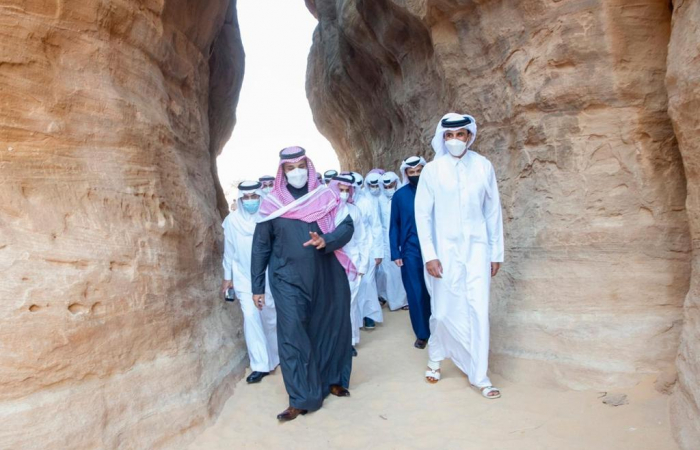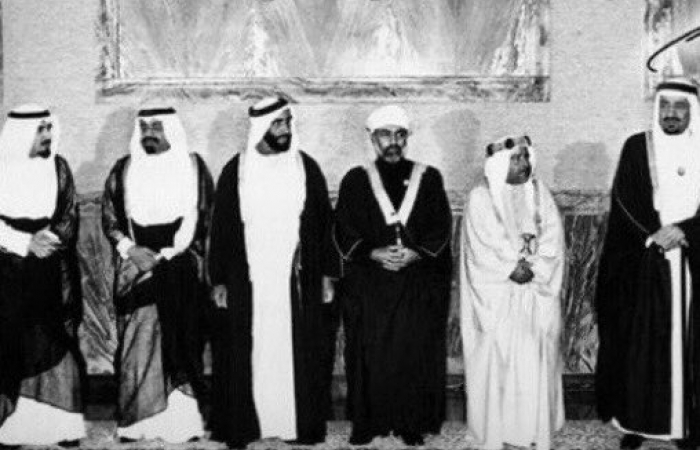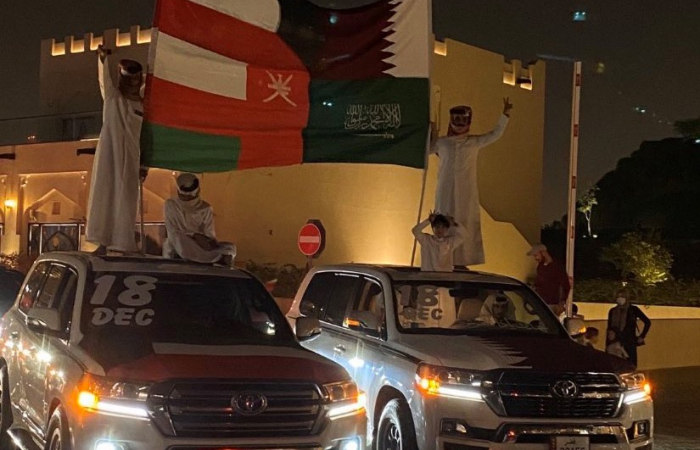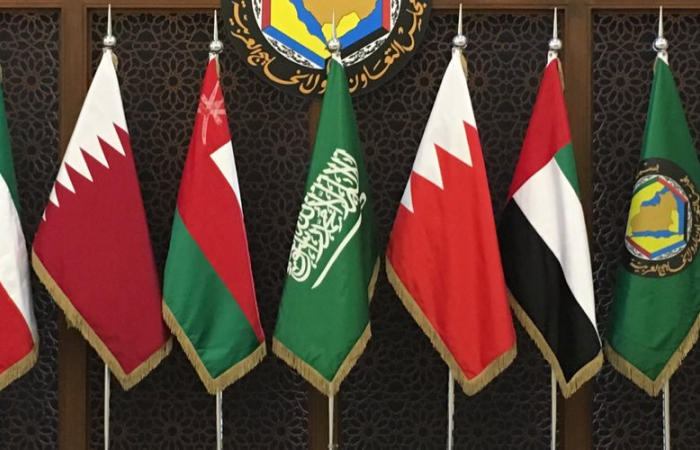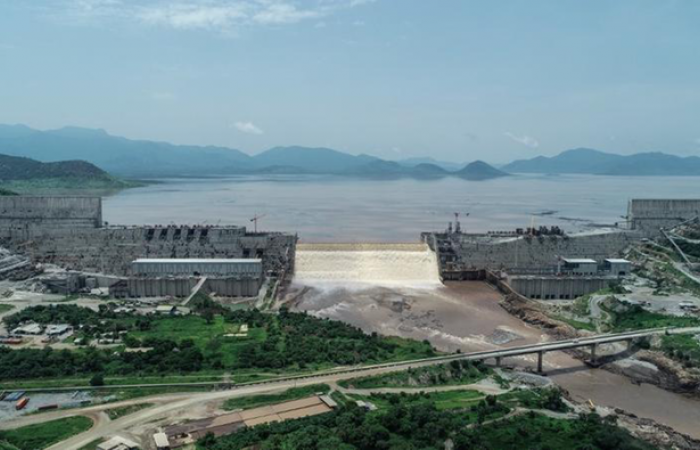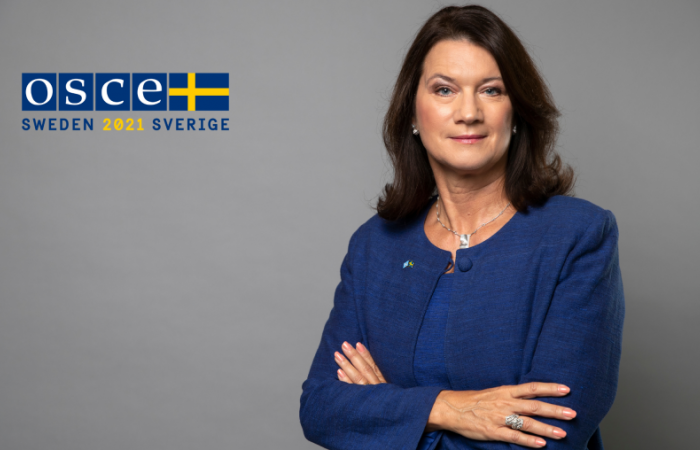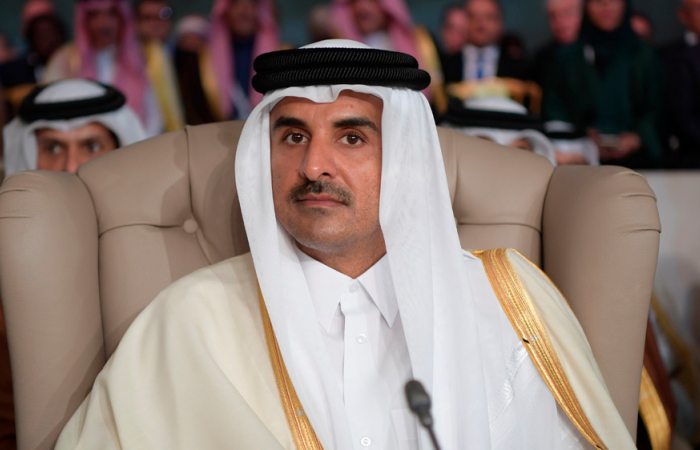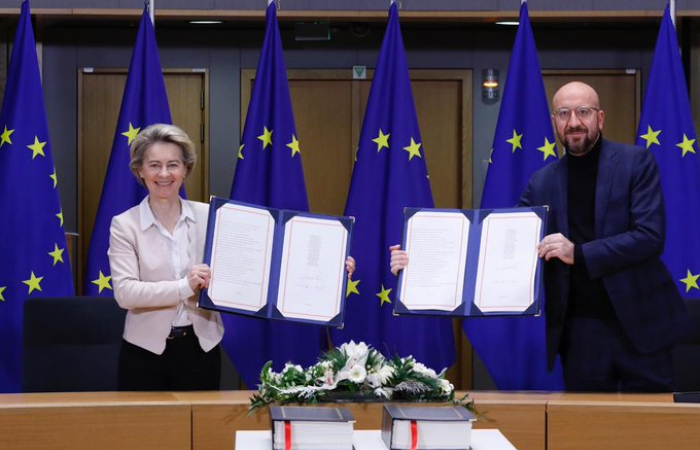Trending
The fate of Central Asia may be decided on the steppes and in the forests of Ukraine
14 May 2024
Vladimir Putin was sworn in for another six-year term as the President of Russia on Tuesday, 7 May. With Putin having been the undisputed leader of Russia for decades, continuity, one would have thought, was assured. Yet Putin himself, on Monday (13 May) speaking at a meeting of the Security Council spoke of “a new political cycle” in Russia. Some of the first decisions of the re-elected president give us a sense of what is to come.
First, there was the surprise dismissal of Sergei Shoigu as Minister of Defence, and his transfer to be the Secretary of the Security Council. There had been speculation for some time that Shoigu’s time at the Ministry of Defence was up. But what was surprising was the appointment of Andrei Belousov, former Deputy Prime Minister – an efficient technocrat with an economic background to replace him. That the Russian Ministry of Defence has needed a shake-up for some time has been abundantly clear, but Andrei Belousov’s mission seems to be more ambitious than that: He is tasked with transforming the Russian Defence Ministry into a modern institution that can embrace new ideas and techniques, and that has enough flexibility to conduct the sort of hybrid warfare that is likely to be the order of the day going forward. So despite all of Putin’s bravados about the Russian nuclear arsenal, it seems he is putting his faith in a more innovative, agile, and versatile force. Then on Monday, 13 May, Putin held his first meeting of the Security Council since his inauguration. The Kremlin website only referred to one item out of apparently several that were discussed, namely relations with the post-Soviet Republics, a subject much close to the heart of the president. Putin reiterated that this was a priority in foreign policy. Putin said, “we should pay even more attention to this area in the new political cycle in Russia and discuss the way we will organise this work from all points of view, including organisational”. So it appears that there is new thinking in this sphere, details of which is not yet known.






